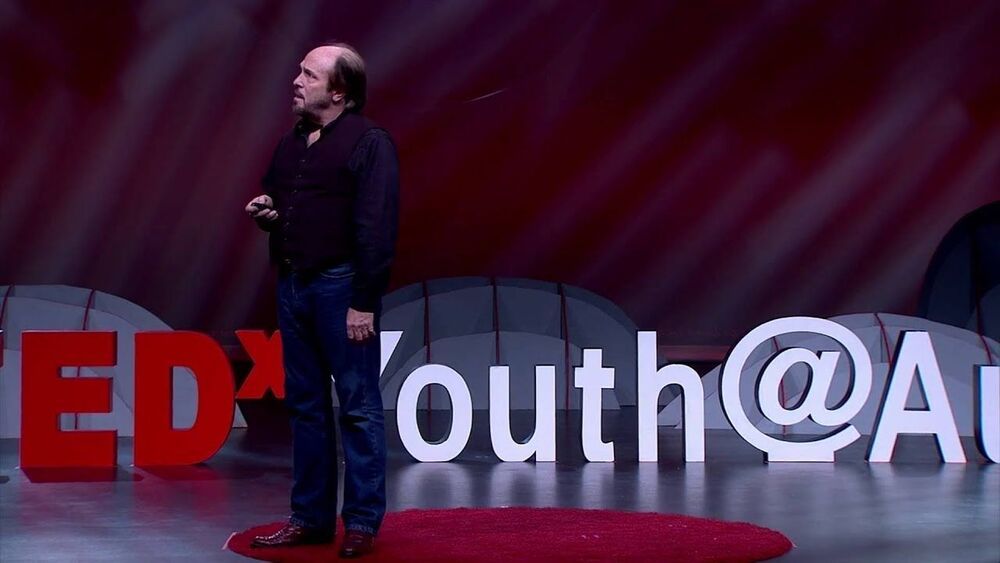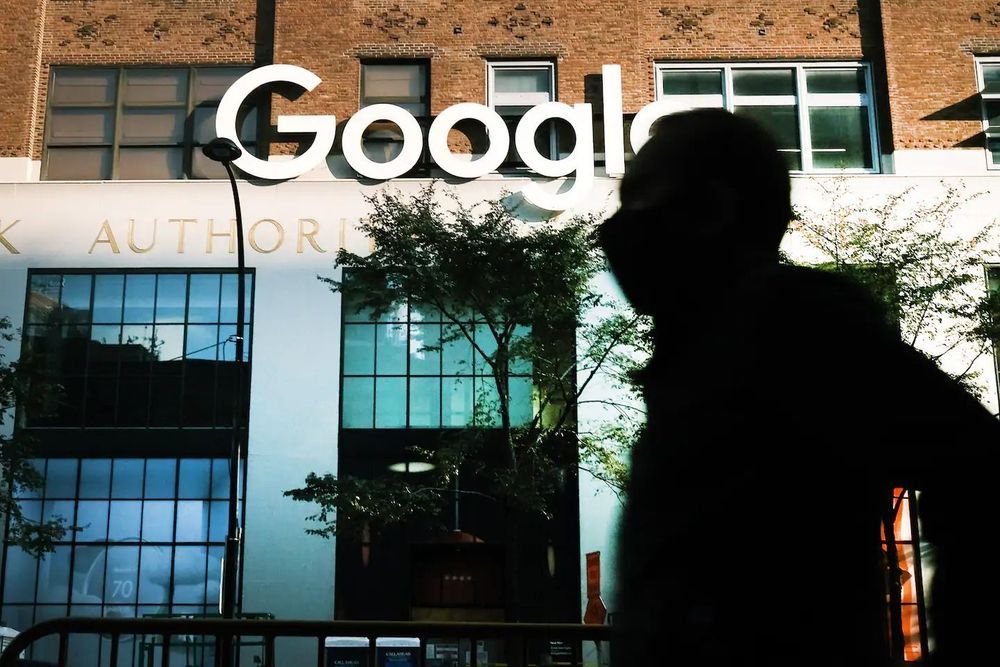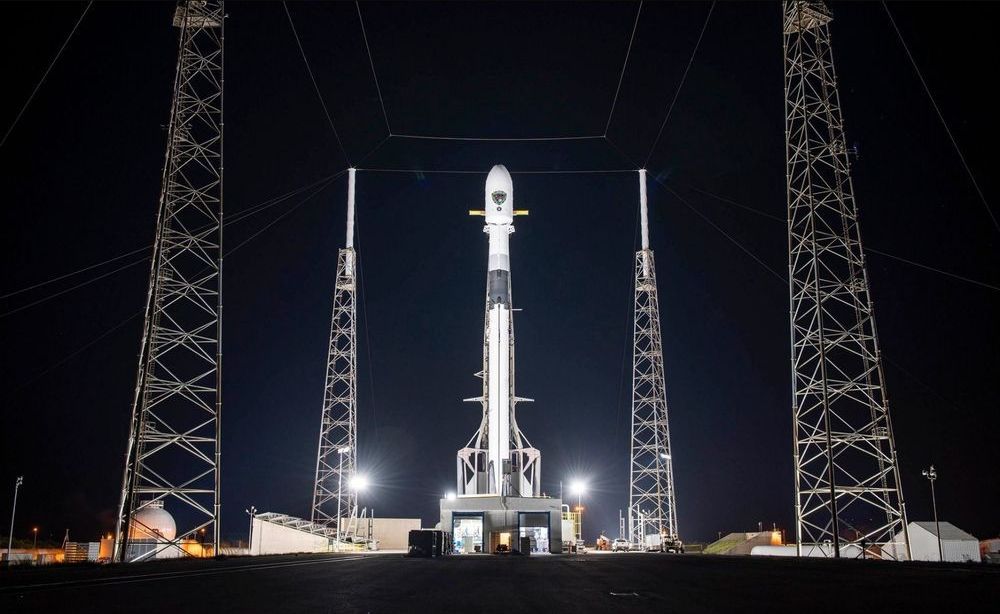Nov 7, 2020
It is time to return to the Moon, open Free Space and go to Mars
Posted by Lola Heavey in categories: government, military, space
This revolution has already started, with wealthy citizens building their own space programs and entrepreneurs building spacecraft on relatively tiny budgets.
This time it must be about people, not governments. Rather than a centrally controlled quasi-military government race to space by two superpowers, we must enable the people themselves to go where they want to go, to do there what they want. If governments decide to return to the Moon — as seems to be the case — it must be to build villages, not bases, and to do it as rapidly as possible, as it needs to be an immediate challenge, not a distant dream. And if some want to go to Mars or mine asteroids, they need to be seen as part of a new frontier community. Thus, with both public and private players doing what they do best where they want to do it, we can make it happen far faster than many might believe.
Continue reading “It is time to return to the Moon, open Free Space and go to Mars” »

















